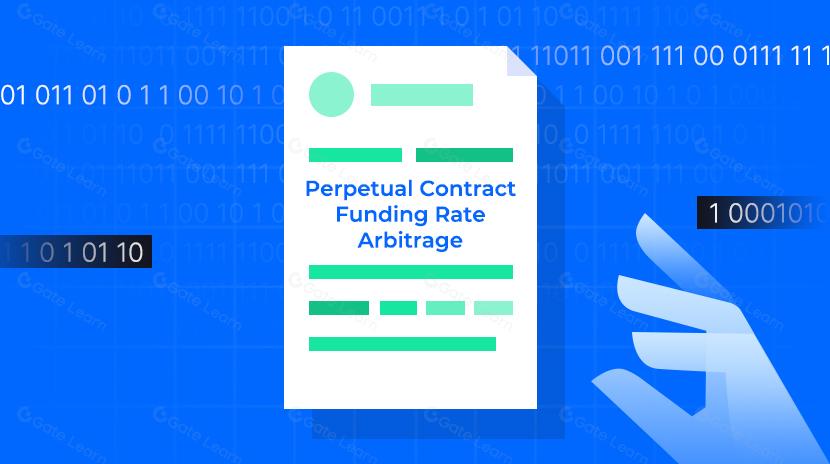Hedge Definition

Hedging refers to a risk management strategy employed by investors to offset potential losses by taking opposite positions in different markets or asset classes. In the cryptocurrency market, hedging strategies are particularly important due to the extreme volatility, as investors need to protect their portfolios against sharp market fluctuations. Hedging can be implemented through various means, including futures contracts, options, perpetual contracts, or arbitrage between different exchanges. Successful hedging strategies effectively reduce the risk of market downturns while preserving upside potential.
Key Features of Hedging
As a critical risk management tool in the cryptocurrency market, hedging has several core characteristics:
- Risk-neutral strategy: The primary objective of hedging is to mitigate downside risk without reducing profit potential, allowing investors to maintain a "risk-neutral" position.
- Diversified instruments: The crypto market offers a rich array of hedging tools, including futures contracts, perpetual swaps, options, and leveraged trading.
- Arbitrage opportunities: Price discrepancies of cryptocurrencies across different exchanges make arbitrage trading a common form of hedging.
- Liquidity requirements: Effective hedging strategies typically require execution in highly liquid markets to ensure quick entry and exit from positions.
- Cost considerations: Hedging operations incur transaction fees, funding costs, and slippage losses, requiring investors to balance hedging costs against potential protective value.
Market Impact of Hedging
Hedging strategies have had profound effects on the cryptocurrency market:
Hedging activities increase market liquidity and efficiency, making the price discovery process more accurate. When a large number of investors use hedging tools, market volatility tends to decrease as extreme price movements are offset by hedging positions.
With institutional investors entering the crypto market, demand for hedging tools and services has grown significantly. This has driven the rapid development of the crypto derivatives market, with trading volumes continuously climbing. The expanding scale of hedging products like Bitcoin futures and options indicates the market is gradually maturing.
Hedging has also fostered connections between cryptocurrency and traditional financial markets, providing safer channels for traditional financial institutions to participate in cryptocurrency investments, thereby enhancing the legitimacy and acceptance of the entire industry.
Risks and Challenges of Hedging
Despite being designed to reduce risk, implementing hedging strategies in the cryptocurrency market presents a series of unique challenges:
- Basis risk: Price differences between spot and derivatives markets may lead to imperfect hedges, especially during extreme market volatility.
- Liquidity risk: During periods of market stress, liquidity can rapidly dry up, preventing timely adjustments or closures of hedging positions.
- Counterparty risk: Relying on centralized exchanges or derivatives platforms for hedging introduces platform security concerns and default risks.
- Regulatory uncertainty: The global regulatory environment for crypto derivatives is still evolving, and regulatory changes could suddenly affect the availability of hedging instruments.
- High costs: In highly volatile markets, hedging costs may rise significantly, eroding investment returns.
Hedging strategies require precise execution and continuous monitoring; improper hedging can lead to situations of "over-hedging" or "under-hedging," potentially increasing investment risk rather than reducing it.
Hedging is an essential risk management tool for cryptocurrency investors, especially in this highly volatile market. It allows investors to mitigate downside risk while maintaining market participation. As the crypto market matures, hedging strategies and tools continue to evolve, becoming more sophisticated and effective. However, successful hedging requires a deep understanding of market mechanisms, precise execution capabilities, and comprehensive risk assessment. For long-term participants in the crypto market, mastering hedging techniques has become a necessary investment skill.
Share
Related Articles

Perpetual Contract Funding Rate Arbitrage Strategy in 2025

Spot Grid Trading User Guide (Basic Version)
